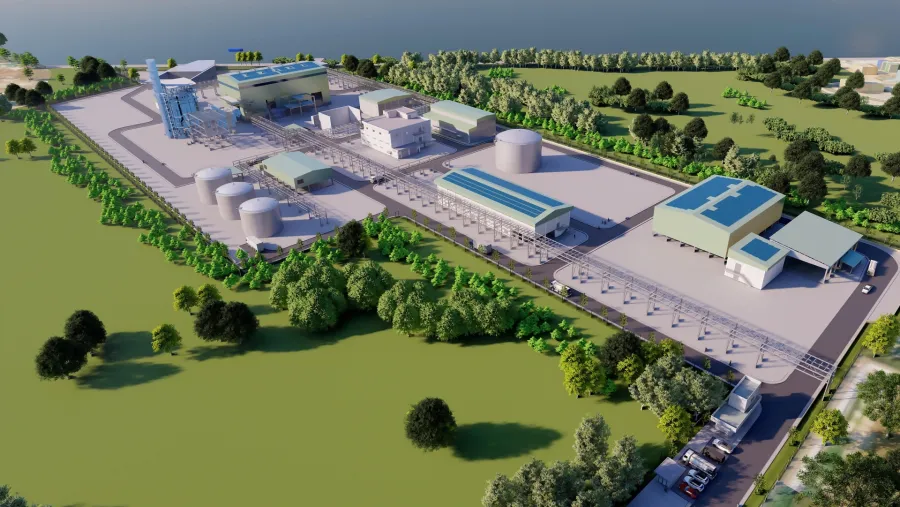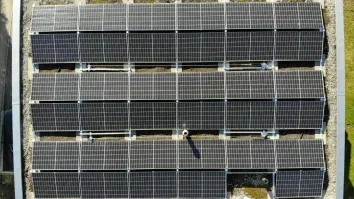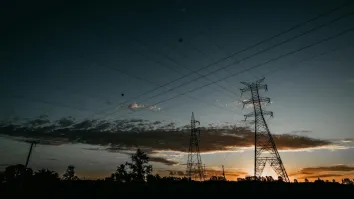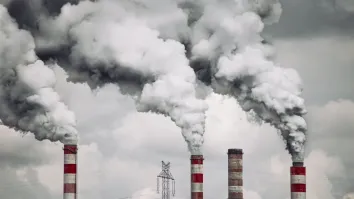
Singapore’s 1st hydrogen-ready cogeneration plant breaks ground
The Keppel Sakra Cogen Plant has a 600 megawatts capacity.
The 600-megawatt (MW) Keppel Sakra Cogen Plant (KSC Plant), the first hydrogen-ready cogeneration plant, has broken ground and is expected to be completed in the first half of 2026.
In a joint statement, developers Keppel, Mitsubishi Power Asia Pacific and Jurong Engineering consortium said the facility is an advanced combined cycle gas turbine power plant.
ALSO READ: Singapore’s Meranti Power to build two gas-fired units
The project can co-fire with 30% hydrogen content and shift to run on hydrogen entirely, in line with Singapore’s decarbonisation efforts as the country aims to achieve net zero emissions by 2050.
KSC Plant can save up to 220,000 tonnes of carbon dioxide annually, equivalent to taking around 47,000 cars off the road each year.
















 Advertise
Advertise





